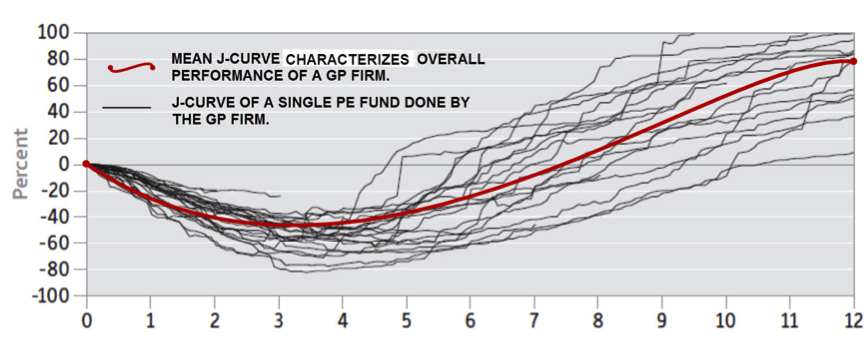 After decades of development, Private Equity (PE) industry is no longer in an era marked with excessive returns but approaching a mature stage with lower return multiples and higher competition. Going forward, PE firms must become more specialized and provide higher value-added services to help corporations grow. Responding to fierce competition in the near future, PE firms need to adopt scientific methodologies of greater efficiencies to assist in investment decision-making and resource allocations, in order to provide more sophisticated value-added services.
After decades of development, Private Equity (PE) industry is no longer in an era marked with excessive returns but approaching a mature stage with lower return multiples and higher competition. Going forward, PE firms must become more specialized and provide higher value-added services to help corporations grow. Responding to fierce competition in the near future, PE firms need to adopt scientific methodologies of greater efficiencies to assist in investment decision-making and resource allocations, in order to provide more sophisticated value-added services.
Under this kind of market condition, we aim to construct PE investment decision-making models via modern techniques such as artificial intelligence and machine learning, in turn providing PE firms with revolutionary and precise investment decision-making tools. As far as we know, there is no institution providing such specialized services to date. Research in this area is also only in a very early stage with a few preliminary attempts.
Quantitative predictive techniques have been used extensively in the public equity markets. In the United States, high frequency trading profit has reached billions of dollars. On the contrary, algorithmic trading in China is still in a developing stage. The investment decision-making and return cycles of PE and VC are much longer than those of the public equity markets, and there are numerous and more complex factors impacting the final return. As a result, quantitative methods have not yet been used in practice in the private equity market. However, we think this is a future trend of the PE industry, and we strive to carry out cutting-edge work in this field, leading the research communities globally, contributing the research results back to the PE industry.
Our research will deal with conventionally difficult areas such as agency risk, adverse selection, and financing risk. We will construct mathematical models that take into account subjective and indirect factors by interpreting their effects on other measurable variables. Statistical methods allow us to perform both quantitatively rigorous and qualitatively insightful analyses on investment decision-making, given detailed data about the investment target and the market condition. The end results will be a suite of solutions to provide PE firms with interactive risk/return analysis, scenario analysis, and portfolio selection guidance.
